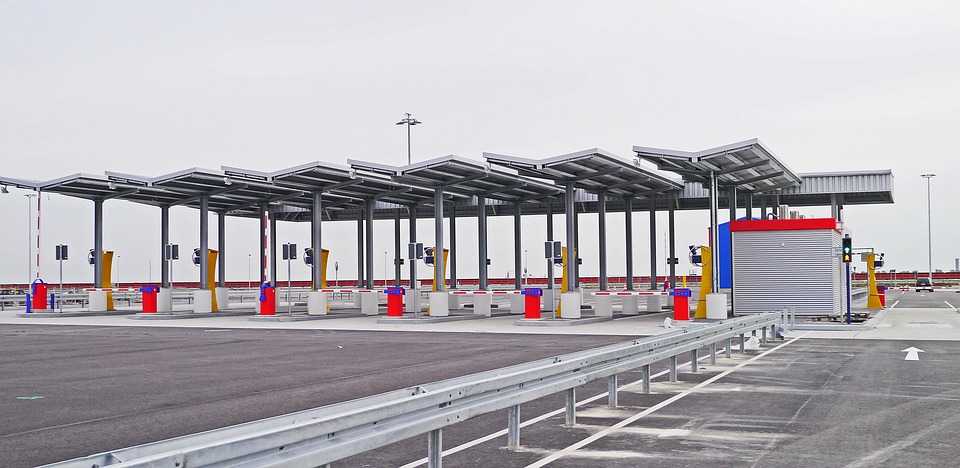
Customs Import Duty and taxes is one of the more complicated areas of freight forwarding, and especially during these times of uncertainty brought about by Brexit.
Whether you’re an existing business or a start-up, it can be difficult to get your head around Customs Import Duty when it comes to making the right decisions and keeping within the law. The Brexit situation adds further complexity as businesses which import and export within the EU need to figure out the potential consequences of a range of different scenarios.
But don’t worry, FSC Oceans is here to help.
As freight forwarding specialists, we provide full customs compliance services, including a full review and health check to make sure you’re paying the right amount of tax and are prepared for any eventuality.
If you’re buying goods from outside the EU, you have to pay duties and taxes to UK Customs so that those goods can be released into the country.
The amount of UK Duty to be paid depends on the type and declared value of the goods you’re importing. There’s also VAT on the taxable import – which is the amount you pay for your goods, plus the shipping cost, plus UK Duty.
Currently, businesses can move goods freely between EU member states, which means you don’t have to make any customs import or export declarations, or pay import duty, when trading with the rest of the EU.
If the UK leaves the EU as per an agreed withdrawal arrangement, it’s likely that UK businesses will be able to continue to import and export under existing EU arrangements, free from tariffs, for some time. This could continue until the end of 2020 at least. After that time, it’s likely that any negotiated new trade deal would come into effect, but it’s not yet clear what that would look like.
While delivering a deal negotiated with the EU remains the Government’s top priority, businesses are being encouraged to prepare for a no deal scenario and how that might impact them.
No deal would mean an end to the free movement of goods between the UK and other EU countries and businesses would have to apply the same customs and excise rules to goods moving between the UK and countries outside the EU.
If a no deal scenario was realised, businesses would have to register for an EORI number, consider how they will submit their import declarations, decide the correct classification and value of their goods and pay VAT.
When choosing FSC Oceans for your freight forwarding, one of the main benefits is that we will take care of all the paperwork and documentation for you, which will remove all the stress and give you the peace of mind that the correct taxes and Customs Import Duty is being paid in line with whatever legislation is currently in place.
FSC Oceans Commercial Director, Alan Hewitt, said: “Our team at FSC Oceans provide full customs compliance services, which strongly supports both existing UK businesses and UK start-ups in making the right decision in relation to Customs Import Duty and taxes.
“Legislative changes have an impact on all businesses and our support services can provide a full customs review which would include re-classification of existing commodities to ensure that our customers are paying the correct amounts of tax, and/or just a health check on your risks and liabilities.
“The delay of Brexit and the uncertainty around what will happen just adds more confusion. What we can say is the best thing is to be as prepared as possible for the various scenarios and I would encourage customers to seek advice through our review and health check service as this can help you to make short, medium and long-term plans.”